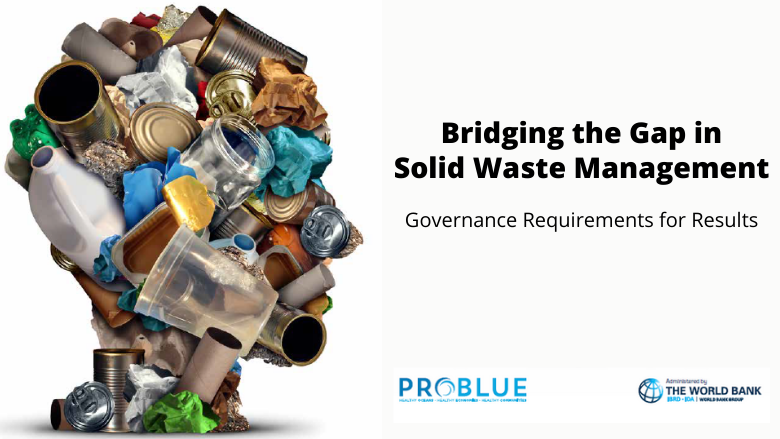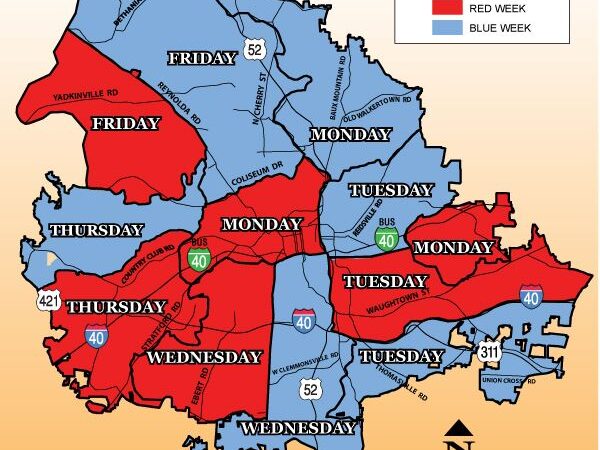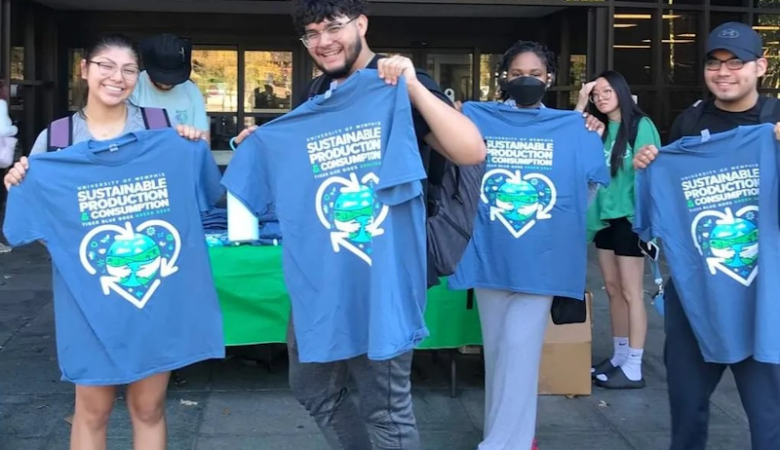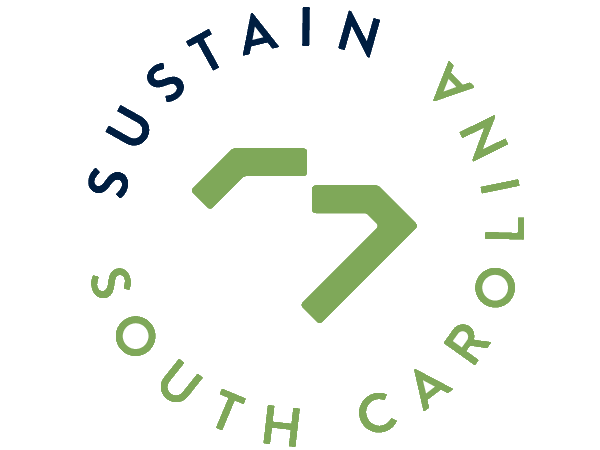Louisiana is a state with rich cultural heritage, diverse ecosystems and a unique geography; however, it faces major challenges in waste management driven by coastal vulnerabilities and loss, an industrial economy, and wildlife repopulation.
Given all of this information we can see how dangerous it might be to our health. According to Julia Arnold, CEO of local waste management company Dumpster HQ Baton Rouge, the state has more recently started to be more proactive in enacting sustainable waste management practices.
While Louisiana has not endeavored to be a leader in environmental policy, efforts have been made on the state and local level through various initiatives to reduce waste, increase recycling and promote resource recovery with the ultimate outcome goal of enhancing environmental quality while reducing adverse economic impact of solid waste facilities on Louisiana communities & ecosystems.
Waste Recycling and Diversion Programs
Recycling and waste diversion are the top target areas for Louisiana efforts. While Louisiana has historically had lower recycling rates compared to the national average, recent years have seen efforts to develop its local recycling infrastructure and educate citizens about the need for recycling.
An effort to partner with local governments, non-profits and private entities across the state was launched by the Louisiana Department of Environmental Quality (LDEQ), which is responsible for environmental protection in Louisiana, in a bid to boost participation in recycling programs and reduce landfill waste.
The state recycling rate was estimated at about 14% in 2022, compared with a national average of 35%. Yet there have been mounting efforts to change this figure. The LDEQ, for instance, has been actively encouraging the “Recycle Louisiana” program, which offers the necessary resources and information to assist local communities in either establishing or enhancing their recycling efforts.
State officials also focused on expanding recycling centers, especially in large cities like New Orleans and Baton Rouge that produce a bulk of the waste in the state. Curbside recycling programs are increasing in these cities, making it easier for residents to recycle and paving the way for higher recycling rates.
The Louisiana Recycling Coalition (LRC), a non-profit that has been working for better waste diversion policies and municipal- and business-level technical assistance throughout the state. The LRC partners with industry stakeholders to minimize waste generation, create a more sustainable recycling market and foster innovative solutions for waste management.
Reducing Waste in Landfills
In Louisiana, about 90% of the state waste goes to landfills, which are still the biggest way of getting rid of trash. Nevertheless, the state has made moves to lessen reliance on landfills and raise landfill diversion rates.
The plan also emphasizes waste-to-energy technologies, that is, those capable of converting garbage into energy. Specifically, the state encourages investment in waste-to-energy plants and systems capable of creating electricity or heat from non-recyclable waste that can then be used for homes and businesses.
Moreover, Louisiana has actually enacted mandates to promote waste reduction via separate collection. In some locations across the state, programs such as composting in an effort to keep organic materials out of landfills are being implemented.
While composting programs are still relatively narrow in scope—particularly in rural areas like Baton Rouge, New Orleans has piloted municipal composting, which takes organic waste ranging from food scraps to yard trimmings. The compost created from these programs provides free fertile soils for the community while decreasing the amount of wasted disposal service materials.
Management of Industrial Waste and Regulations on Hazardous Waste
Since Louisiana hosts an especially large industrial base sometimes, comprising of a variety of petrochemical production, oil refining & natural gas extraction facilities among others, industry waste management is one of the essential parts of Louisiana statewide waste management.
Industrial waste (both hazardous and non-hazardous) presents significant dangers when deals with scrub, industrial processes produce enormous volumes of rubbish.
In Louisiana, the state agency responsible for managing and disposing of hazardous waste is the Louisiana Department of Environmental Quality (LDEQ). Under the Resource Conservation and Recovery Act (RCRA), the state must follow federal rules that establish stringent requirements for disposal of hazardous materials.
The LDEQ issues permits to hazardous waste management facilities, which allow them to store, treat and dispose of these materials in accordance with applicable environmental standards. The state, however, also works to build awareness in the industries on pollution prevention and recycling for wtsm reduction.
Louisiana has also sought to improve its oil and gas waste management, which covers the disposal of drilling fluids, production wastes, and other energy extraction by-products. And the state has rules to ensure those materials are ultimately disposed of safely, not contaminating groundwater and not going into the air.
Handling Post-Event Waste
Louisiana is also impacted by natural disasters, mostly hurricanes and floods, which can generate large quantities of waste. The state struggled with debris removal and waste disposal after it was faced with clean-up following Hurricane Katrina in 2005, and more recently, Hurricane Laura last year.
Most of these are catastrophic events, which lead to the massive destruction of buildings, trees, and nearby materials and can cause extremely severe environmental hazards if not removed in a timely manner.
As a result, Louisiana worked with the Federal Emergency Management Agency (FEMA) and local governments to create disaster waste management procedures. These protocols detail the treatment of waste generated in the recovery process such as debris removal, hazardous refuse, and other expansion of landfills for emergency disposal. Those include recycling guidelines for materials such as wood, concrete and metals to minimize continued damage to the environment and allow reuse in the rebuilding process.
Legislative work and goals for the future
Louisiana is making strides in its waste management policies, thanks to resilient efforts from the legislature on sustainability and solid waste reduction (more detail still forthcoming here).
Over the past few years, there have been lawmakers who introduced bills made to deal with the issue of plastic pollution by eliminating single-use plastics, plastic bags and straws for example. Though it has received mixed reactions, the state’s increasing consciousness on these issues means greater action will be taken through legislation around plastic waste and ways to divert them from landfills.
In addition, there are efforts to adopt more holistic extended producer responsibility (EPR) programs that would hold manufacturers responsible not just for packaging waste at recycling and/or landfill sites, but also for managing their products after they are discarded. EPR in Louisiana would not just change the whole approach to waste by moving from clean up and disposal of products at the expense of taxpayers to a producer pays, you make your product, you should be prepared to manage it when you’re done using it system.
Although these seven were identified on the back end and not visible, Louisiana is taking important steps in the right direction toward sustainability.
Louisiana Diversification helped reduce waste going to the landfill through measures such as recycling, diverting waste from landfills and using energy from waste technology at work. Despite having great deal of work ahead, Louisiana is taking steps in the right direction toward a cleaner and greener state with changing policies, as well as public awareness.






